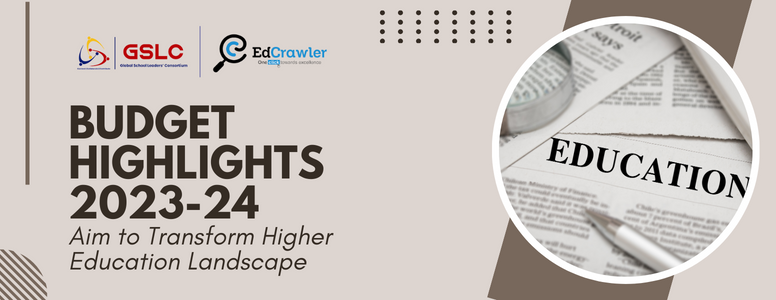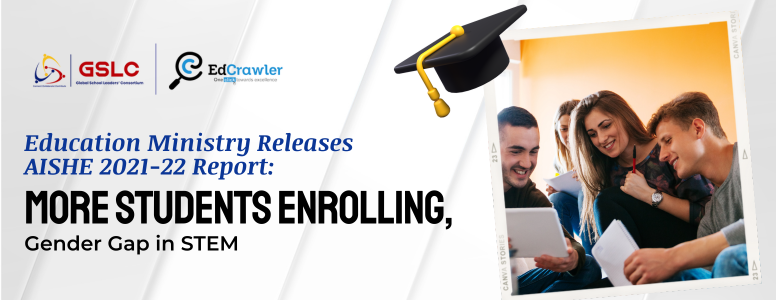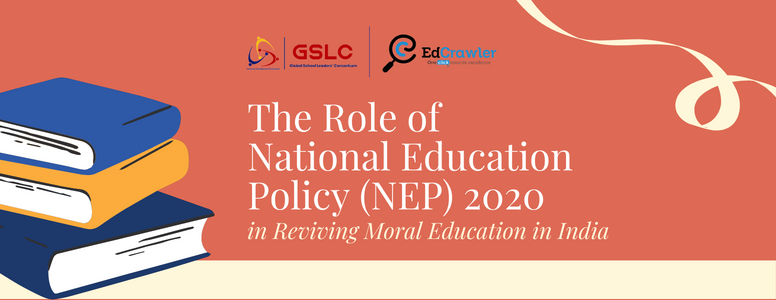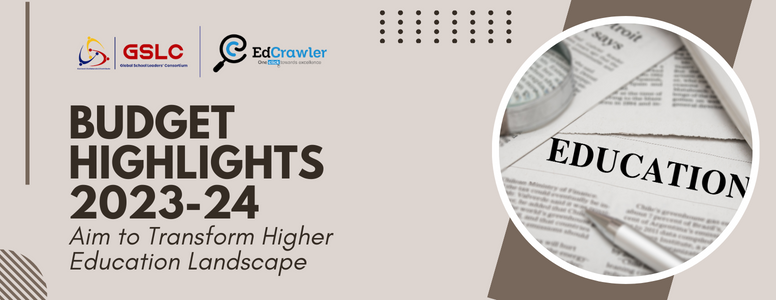Budget Highlights 2023-24 Aim to Transform Higher Education Landscape

The National Education Policy (NEP) 2020 aims to achieve a 50% Gross Enrolment Ratio (GER) in higher education by 2035. For the fiscal year 2023-24, the Finance Ministry allocated Rs. 1.12 lakh crore to the education sector, with Rs. 44,095 crore allocated to the Department of Higher Education. This funding supports central universities, IITs, NITs, and other centrally funded institutions, as well as regulators like UGC and AICTE, along with grants and scholarships for research.
To meet the NEP targets, there is a need for institutional restructuring, infrastructure development, and policy changes. Dr. Yajulu Medury, Vice-Chancellor of Mahindra University, emphasises the importance of increased funds for facilities, technology, and faculty to enhance the quality of education.
Vocational training is crucial to address employment opportunities for graduates. Strengthening industry-academia collaboration and prioritising financial support for collaboration between educational institutions and industries can ensure alignment with evolving job market demands.
Research and innovation play a key role in making India a global study destination. In the 2023-24 fiscal year, Rs. 210.61 crore was allocated for Research and Innovation. Suggestions include establishing a National Design Research Fund, incentivizing hiring foreign faculty, and promoting collaboration between design institutions and industries.
Improving inclusivity and accessibility to higher education, especially for rural and socio-economically disadvantaged groups, is essential. Bridging the digital divide and enhancing digital learning are areas of focus for the stakeholders.
Experts propose relief on student loans to benefit a large section of the student community. Lower interest rates on educational loans can encourage more students to pursue their interests. Addressing concerns about the Tax Collected at Source (TCS) rate is important, especially for students studying abroad. The budget is expected to provide solutions to reduce TCS's impact on remittances, potentially introducing options like zero forex international cards. Overall, the budget is anticipated to support the goal of achieving a 50% GER by 2030.









